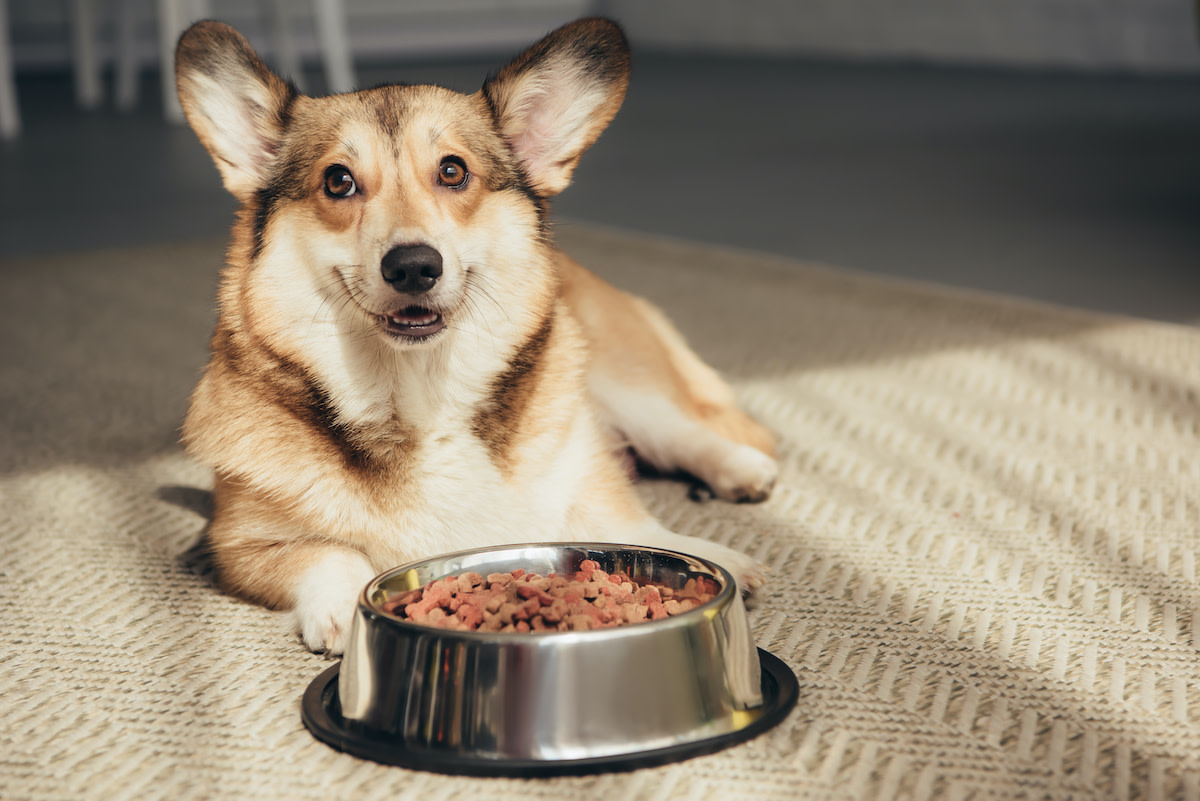What Spices Can Dogs Eat? 6 Dog-Safe Herbs and Spices
Written by MasterClass
Last updated: May 27, 2022 • 3 min read
Some spices are perfectly safe for dogs to eat and can offer moderate health benefits, while others are dangerous and should never be a part of your dog’s diet. Discover which spices dogs can eat and which are hazardous for your dog’s health.
Learn From the Best
What Spices Can Dogs Eat? 6 Dog-Safe Herbs and Spices
While several herbs and spices can offer moderate health benefits to your dog in small amounts, large quantities can cause several problems, including stomach upset, bloating, and digestive system issues. Here are several herbs and spices pet parents can add to homemade dog food in moderation for their nutritional benefits and flavor:
- 1. Cilantro: From the Apiaceae family, cilantro (or coriander) is an herb known for its delicate, bright green leaves with a shape reminiscent of flat-leaf parsley. Cilantro can help with digestive issues, and the herb is high in antioxidants, vitamins (including vitamin A, vitamin C, and vitamin K), and minerals (including magnesium, calcium, manganese, and potassium). You can also offer cilantro to your dog to combat bad breath.
- 2. Cinnamon: Small amounts of plain ground cinnamon can offer several health benefits for your dog. Cinnamon has antifungal, anti-inflammatory, and antibacterial properties, making it beneficial for dogs with chronic yeast infections or painful joints. It can also help with blood sugar regulation, making it a great addition to dog treats for diabetic pets.
- 3. Dill: This herb is full of vitamins and minerals that boost your dog’s immune system. Dill can also help reduce gas and freshen your dog’s breath.
- 4. Ginger: Whether powdered, dried, or fresh, ginger can offer an array of benefits when you add it to your dog’s food. Ginger contains antioxidants and vitamins and helps fight nausea and motion sickness. It also has anti-inflammatory properties and can help lower blood pressure and boost blood circulation. However, ginger can act as a blood thinner, so too much can interfere with medications or increase the risk of bleeding.
- 5. Mint: A popular aromatic herb, mint (or Mentha) has hundreds of varieties grown worldwide, including spearmint, peppermint, Scotch spearmint, apple mint, and wild mint. Fresh, plain mint leaves are rich in antioxidants, vitamins, and minerals. However, one species of mint plant—the English pennyroyal (Mentha pulegium)—is toxic to dogs, as well as wintergreen (a fresh-smelling herb commonly confused with mint). If you can’t verify the species of your mint leaves, do not feed them to your pet.
- 6. Rosemary: A culinary herb popular in French cuisine, plain rosemary—whether fresh or dried—helps keep your dog’s digestive tract healthy with its antibacterial and antimicrobial properties.
3 Unsafe Spices for Dogs
Certain spices are dangerous for dogs to consume, including:
- 1. Chili powder: This spice blend contains toxic ingredients like garlic powder in addition to ground chili. Spices like black pepper, cayenne, or ground chili pepper can harm your dog’s health. The compound capsaicin in spicy foods creates a burning sensation on your pet’s taste buds and can lead to short-term side effects like flatulence and upset stomach or long-term health problems and digestive issues for your furry friend.
- 2. Garlic: All seasonings from the Allium family—including garlic, onions, and scallions—are toxic to dogs and can lead to severe health issues. Eating garlic can cause oxidative damage to your dog’s red blood cells, which can result in hemolytic anemia. Avoid offering your pet anything with these ingredients, including garlic powder and onion powder.
- 3. Nutmeg: A flavorful, nutty spice from the seed of the nutmeg tree (Myristica fragrans), nutmeg is toxic to dogs in large amounts since it contains the hallucinogenic compound myristicin.
While cocoa powder is not a spice, you should store this ingredient in your spice cabinet or pantry, away from your pet. Chocolate is toxic to dogs due to the compound theobromine, which can build up in their system and cause a host of issues for your dog’s stomach and overall health. Symptoms of chocolate toxicity include abnormal heart rates, blood pressure issues, increased urination, digestive issues, and seizures.
Before Sharing With Your Pooch
Certain human foods can cause adverse reactions in canines, so always consult your veterinarian to determine whether it is safe to add these foods to your pet’s diet. This article is for educational and informational purposes and is not a substitute for medical or dietary advice.
